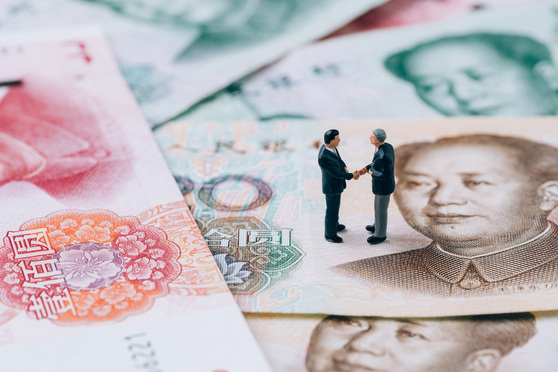Going Global – China's Arbitration Reforms in 2019
January 13, 2020 | BY
Vincent ChowChina is internationalizing its arbitration system as it embarks on high-value, global investment projects
In 2019, China enacted groundbreaking changes to its arbitration regime in the ongoing internationalization of Chinese arbitration. For the first time, China has invited foreign arbitral institutions to administer cases onshore and given an offshore seat the power to seek interim relief from its domestic courts.





